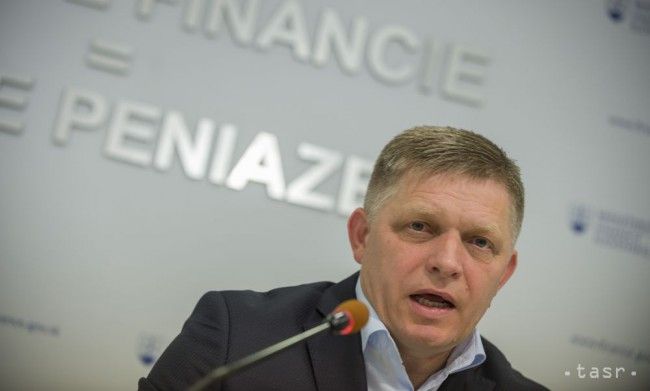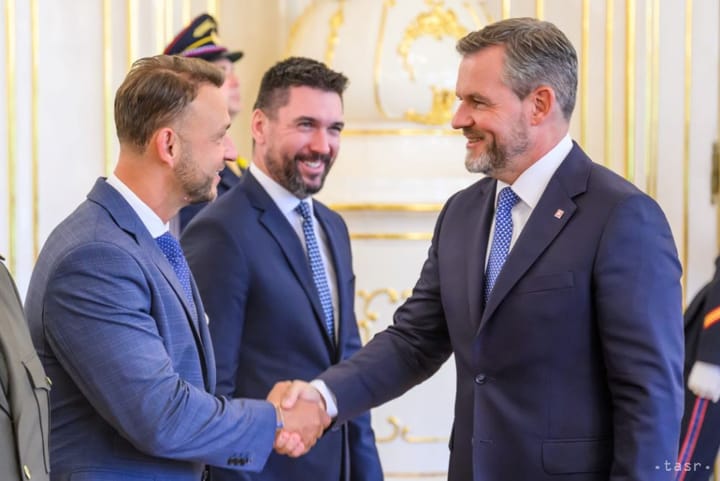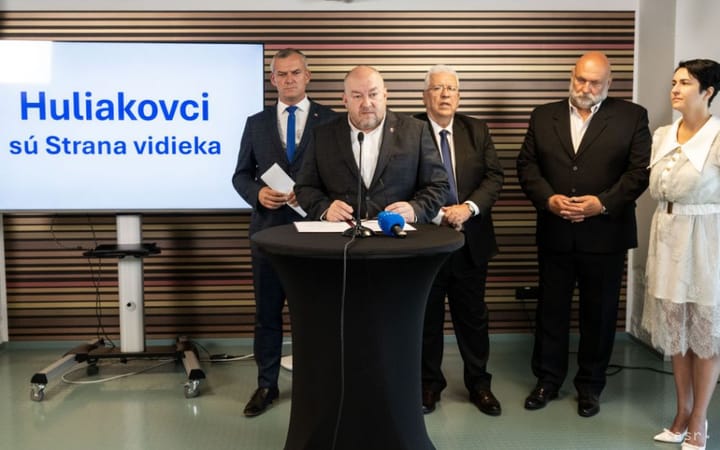Evaluators of EU-funded Projects to Be Picked in Random Electronic Draw

Bratislava, September 28 (TASR) – Evaluators of EU-funded projects will be selected randomly via an electronic system, stated Prime Minister Robert Fico (Smer-SD) at a briefing in Bratislava on Thursday with Deputy Prime Minister for Investments and Informatisation Peter Pellegrini (Smer-SD) in attendance.
Fico was speaking on the occasion of unveiling an action plan aimed at increasing transparency in the process of drawing EU funds that was approved by the Cabinet at its session on Wednesday (September 27).
“Based on our recent experience, we’ve decided to introduce a random electronic selection of particular evaluators and at the same time we’re increasing the level of professional skills required for the evaluators. For example, we’re introducing a mandatory differentiation of evaluators according to the topic of a specific call of proposal, so that in the future, for instance, a cardiologist do not have to evaluate a steel project or something similar…,” said Fico.
The premier went on to say that the action plan’s second priority measure is to make the drawing of EU funds as simple as possible. “Even here, I think that in terms of bureaucracy and monitoring we have gone even further on the national level than is required on the European level,” said Fico, adding that it’s already possible for some documents regarding the drawing of EU funds to be submitted electronically and that there is a strong will to “move even more paperwork into the electronic environment”.
Fico further stated that services at the information and counselling centres that provide help to potential EU fund applicants are set to be extended as well.
According to Pellegrini, the new measures are scheduled to be introduced gradually by the end of 2017 and by March 2018 and will influence all areas and processes of drawing.
The Action Plan to Enhance Transparency and Simplify the Implementation of the European Structural and Investment Funds (ESIF) was adopted by the Cabinet on Wednesday and features 38 measures within 26 areas.



